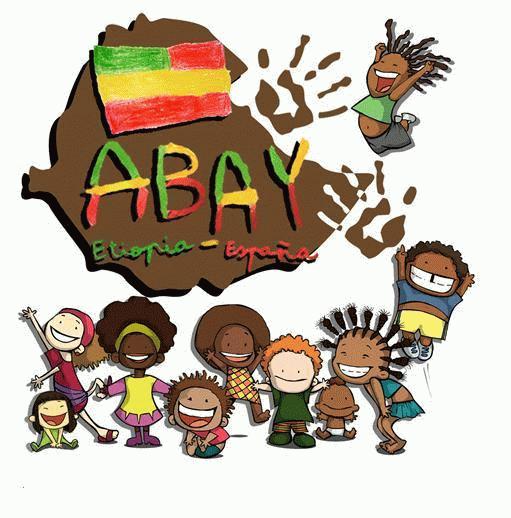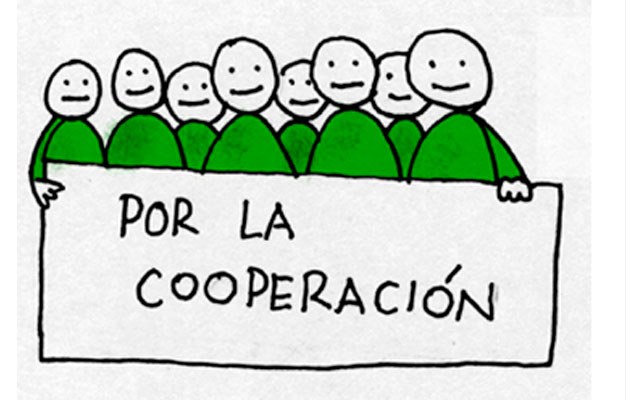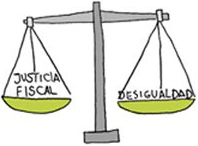Anyone who has worked in HR or who has been for a job interview knows the trick that interviewers use, of asking you to tell them about your greatest faults. This is never a good idea. As I found out when I started an interview for a volunteering role, by telling her about my poor Spanish.
If you are able, do read the Spanish transcript of the conversation. It is funnier in Spanish. However there is an English translation below. Please also bear in mind that civil servants / funcionarios exist everywhere, even in the best of charities …….
**********************************************************
Si has trabajado en recursos humanos o has asistido a una entrevista de trabajo, sabréis que hay un truco que usan los entrevistadores, de pedir que les digas sobre tus mayores defectos. Nunca es buena idea decirles, como descubrí yo cuando asistí a una entrevista para ser voluntaria, contándole sobre mi mal español …...
Yo: "Hola, estoy aquí para ofrecerme como voluntaria. Puedo hacer los bocadillos o cualquier otro tipo de cosas similares. Solo me preocupa que no hablo bien español."
 Ella: "Pues, puede ser un problema, si no hablas español."
Ella: "Pues, puede ser un problema, si no hablas español."
"No te dije que no hablo español, dije que no lo hablo con fluidez. Podría cumplir órdenes, y estoy segura que podría trabajar en la cocina."
"Si pero el problema es que no puedes hablar español."
 "Creo que sería problema cuando hable con las personas necesitadas. Estoy acostumbrada a tratar con gente que sufre mucho, y he trabajado toda mi vida con los usuarios de las organizaciones de beneficencia. Pero me preocupa que alguien tenga un problema mayor que la sola falta de comida. Si yo no le entiendo la primera vez, tendría que repetirme su problema. Y eso sería una mayor aflicción para él."
"Creo que sería problema cuando hable con las personas necesitadas. Estoy acostumbrada a tratar con gente que sufre mucho, y he trabajado toda mi vida con los usuarios de las organizaciones de beneficencia. Pero me preocupa que alguien tenga un problema mayor que la sola falta de comida. Si yo no le entiendo la primera vez, tendría que repetirme su problema. Y eso sería una mayor aflicción para él."
"Si, exactamente. Ese es el problema. No hablas español."
"Pues, estoy preocupada en provocar más sufrimiento a los usuarios. Estoy segura que puedo entender las órdenes del jefe en la cocina. Y pasado un tiempo, podríais decidir si es suficiente mi español para tratar con las personas necesitadas."
"Pero no puedo ver cómo podrías ser voluntaria, pues no hablas español."
"Puedo ser útíl, porque como extranjera, podría trabajar las fiestas cuando los españoles quieran estar con sus familias, como el 24 de diciembre o el 5 de enero."
"Si, es verdad que siempre es difícil encontrar voluntarios para esos días. Pero el problema es, como has dicho, que no hablas español."
"¿Y te das cuenta de que estamos hablando español ahora, si?"
"Pero para ser voluntaria aquí, tendrías que hablar español."
 "Hombre - ¿cómo ahora, no? ¡Como lo estamos haciendo! Si hubiera sabido que tenía que ser hablante nativa, no habría venido por aquí."
"Hombre - ¿cómo ahora, no? ¡Como lo estamos haciendo! Si hubiera sabido que tenía que ser hablante nativa, no habría venido por aquí."
"No te digo que tienes que ser española, solo que tienes que hablar español."
"¡Estamos hablándolo! ¡Vaya! Te he entendido, me has entendido. Y una cosa más …. hace un momento usé el tercer condicional, y es muy complejo!"
"Vale, pero no podemos aceptar a alguien como voluntaria si no puede hablar español."
"Vale. Voy a hacer una sugerencia. Yo me voy ahora para aprender español. Y cuando pueda hablar tu lengua, regresaré. ¿Estaría bien?"
"Si, ésta bien. Solo es que pienso que tienes que hablar español para ser voluntaria aquí ...."
******************************************************************************
And now the English version. For those reading this part, just keep in your mind at all times that the conversation took place in Spanish ……
Me: "Hi I've come to find out about volunteering. I'm happy to make the sandwiches or anything that needs doing. The only thing is I don't speak Spanish fluently."
Her: "Hmmm that could be a problem, if you don't speak Spanish."
"Well I didn't say I don't speak Spanish, I said I don't speak Spanish fluently. I can take instructions, and I’m sure I could work in the kitchen."
 "Yes but the problem is that you don't speak Spanish."
"Yes but the problem is that you don't speak Spanish."
"I think where it would be a problem is speaking directly to the clients. I'm used to dealing with people in distress, and I've worked with clients of charities all my life. But it would worry me that if somebody had a problem over and above needing food, if I didn't understand them the first time they might have to repeat their problem and that would just make things worse for them."
"Yes exactly, that's the problem - that you don't speak Spanish."
"Well my worry is only that I don’t want to create more difficulties for the clients. I am sure that in the kitchen I would be able to understand the instructions from the supervisor. And over time you could decide if my Spanish is adequate for me to deal directly with the clients."
"But I just don't see how you could be a volunteer as you don't speak Spanish."
"I could be quite useful – as a foreigner, as I could work on the holidays that are more important to Spanish people, like December 24th and January 5th."
 "Yes those are always difficult days go get volunteers, but the problem, as you said, is that you can't speak Spanish."
"Yes those are always difficult days go get volunteers, but the problem, as you said, is that you can't speak Spanish."
"You do realise, don't you, that we are speaking Spanish now?"
"But to be a volunteer, you'd need to speak Spanish."
"What, like now, you mean? Like we’re doing? If I had known I had to be a native speaker, I wouldn't have come here."
"No I'm not saying you have to be Spanish, only that you have to speak Spanish."
"We ARE speaking Spanish! Pffff! I have understood you, you have understood me. And another thing - a minute or two ago I used the third conditional, and actually that’s really quite complex!"
 "Yes but we can't take someone as a volunteer if they don't speak Spanish."
"Yes but we can't take someone as a volunteer if they don't speak Spanish."
"OK here's my suggestion, I'll go away and learn Spanish, and come back when I can speak it, would that be alright?"
"Yes that would be good. I just think that you need to speak Spanish to be a volunteer here ...."
© Tamara Essex 2014
NB - for obvious reasons there is no Language Point this week. After all, I don't speak Spanish.
Many thanks to my three teachers: Juanmi (my “proper” profe), Jose (always my best resource), and ‘Dolfo (for the creativity).